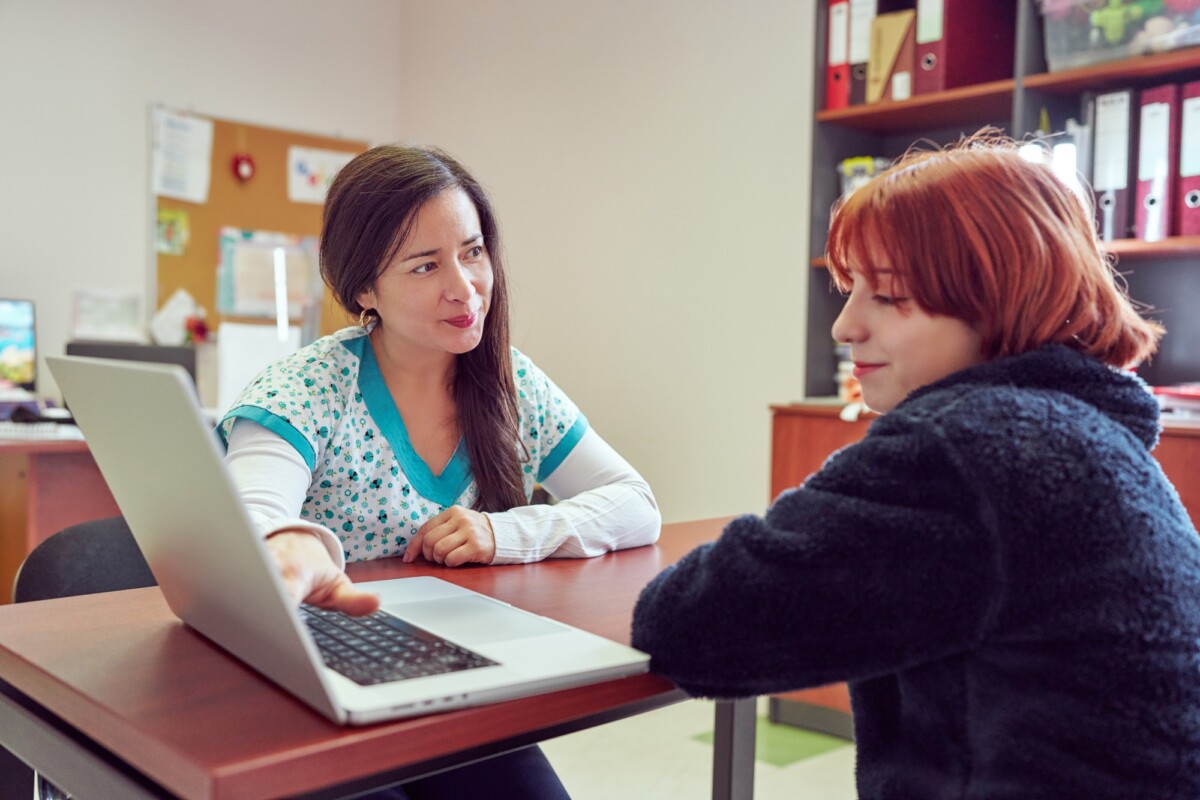Providing Free Groceries For Seniors On Medicare
Introduction
Medicare, the federal health insurance program in the United States, provides a range of benefits to seniors to ensure their well-being and affordability. One such benefit is the Medicare grocery allowance, which aims to alleviate the burden on seniors by providing them with free groceries. This article will explore free groceries for seniors on medicare and grocery allowance for seniors on medicare. Also we will know medicare grocery allowance and medicare grocery allowance for seniors.
Medicare’s Grocery Allowance for Seniors: A Helping Hand for Affordability
As of my last knowledge update in September 2021, Medicare, the U.S. government’s does not include a specific grocery allowance as part of its benefits. Medicare primarily provides coverage for healthcare services, including hospital care, medical services, prescription drugs, and preventive care.
However, other government assistance programs and initiatives aim to address food insecurity and support seniors who may struggle afford groceries.
Here are a few programs and resources that seniors may explore for assistance with food-related expenses:
- Meals on Wheels: A nationwide program that delivers nutritious meals to homebound seniors who may have difficulty accessing or preparing food. The program also provides social interaction and wellness checks.
- Commodity Supplemental Food Program (CSFP): CSFP provides monthly food assistance to low-income seniors aged 60 and older. Participants receive a box of nutritious foods, including canned fruits, vegetables, protein, and dairy products.
- Local Food Banks and Pantries: Many communities have food banks and food pantries that distribute free groceries to needy individuals and families. Seniors can check with local organizations to find assistance in their area.
- State and Local Programs: Some states and localities may have additional programs or initiatives to support seniors with food security. These programs may include home-delivered meals, congregate meal programs, and more.
Seniors and their caregivers must explore these programs to determine eligibility and access available resources. The eligibility criteria, application processes, and functional benefits vary by program and location. Additionally, the availability of these programs may have changed since my last update, so it’s advisable to check with local social service agencies, senior centers, or state departments of aging for the most up-to-date information on food assistance programs for seniors.
Please note that while these programs can provide necessary support for seniors, they are separate from Medicare and are designed to address food-related needs rather than healthcare expenses.
Eligibility Criteria and Application Process for Free Groceries
Eligibility criteria and the application process for free groceries can vary depending on the specific program or assistance organization you seek help from. Many organizations and programs exist to provide free groceries to individuals and families in need, but they each have their requirements and procedures.
Here are some general guidelines to help you understand the eligibility criteria and application process:
Eligibility Criteria:
- Income Guidelines: Most free grocery programs and food assistance organizations have income guidelines to determine eligibility. These guidelines are typically based on your household size and income level. You may need to provide proof of income, such as pay stubs, tax returns, or government assistance documentation.
- Residency: Some programs may require you to be a resident of a specific city, county, or state to be eligible for free groceries.
- Age: Certain programs may have age requirements. For example, programs are designed for seniors, children, or families with young children.
- Disability: Individuals with disabilities or certain medical conditions may have access to specialized food assistance programs.
- Immigration Status: Eligibility may also depend on your immigration or citizenship status. Some programs may be available to immigrants with certain legal levels.
- Emergency Situations: There may be temporary food assistance programs with more relaxed eligibility criteria in emergencies, such as natural disasters or sudden financial crises.
Application Process:
- Research Programs: Start by researching the food assistance programs available in your area. You can do this by contacting local food banks, community organizations, or government agencies that administer food assistance programs.
- Contact the Program: Reach out to the program or organization to inquire about their eligibility criteria and application process. You can usually find their contact information on their website or by calling them directly.
- Complete an Application: This form may be available online, in person at a local office, or through a partner agency.
- Provide Documentation: In most cases, you will need to provide documentation to support your eligibility. This may include proof of income, identification, residency verification, and other relevant documents.
- Interview or Assessment: Some programs may require an interview or assessment to determine your needs and eligibility. This may be conducted in person or over the phone.
- Receive Assistance: Once approved, you will be informed how and where to receive your free groceries. This may involve picking up food at a distribution center, receiving food deliveries, or using vouchers or electronic benefit cards at participating grocery stores.
- Renewal: Some food assistance programs require periodic eligibility renewal, so follow up and provide any necessary updates or documentation as requested.
It’s important to note that various food assistance programs are available, including government-sponsored programs like SNAP and WIC (Women, Infants, and Children), as well as local food banks, pantries, and charitable organizations. Each program may have its own rules and procedures, so be sure to inquire with the specific program you are interested in for the most accurate information regarding eligibility and the application process.
Medicare Grocery Allowance
As of my last knowledge update in September 2021, Medicare does not include a specific grocery allowance as part of its benefits. Medicare primarily focuses on providing health insurance coverage for eligible individuals, including seniors and individuals with disabilities. It covers various healthcare services and expenses, such as hospital care, doctor’s visits, prescription drugs, and preventive care.
Suppose you are a Medicare beneficiary struggling with the cost of groceries or facing food insecurity. In that case, other government assistance programs and resources may be available to help you access nutritious food.
Some of these programs include:
- Meals on Wheels: Wheels is a program that delivers nutritious meals to homebound seniors who may have difficulty shopping for groceries or preparing meals independently.
- State and Local Food Assistance Programs: Many states and local communities have food assistance programs providing groceries or meals to seniors in need.
- Food Banks and Pantries: ood pantries often provide free groceries to individuals and families facing food insecurity. These organizations may distribute food items, including canned goods, fresh produce, etc.
- Area Agencies on Aging: Area Agencies on Aging (AAA) offer information and assistance related to food and nutrition programs.
It’s important to note that these programs’ eligibility criteria and available benefits can vary based on factors such as income, age, and location. Additionally, the availability of programs and their specific benefits may have changed since my last update in September 2021.
To determine your eligibility for food assistance programs and to access available resources, I recommend contacting your local social service agencies, senior centers, or state departments of aging. They can provide the most up-to-date information on food assistance programs and help you apply for any benefits you qualify for.
Please remember that circumstances and program availability may change over time, so seeking current information and assistance from local resources is a good idea.
Free Groceries For Seniors On Medicare
Some several programs and options can help seniors on Medicare access free groceries or food assistance.
Here are some of them:
- Supplemental Nutrition Assistance Program (SNAP): Including Medicare seniors with funds to purchase groceries. Benefit amounts are determined based on income, household size, and expenses. You can apply for SNAP through your state’s Department of Human Services or equivalent agency.
- Meals on Wheels: The program is designed to improve seniors’ nutrition and well-being.
- Local Food Banks and Pantries: Many communities have local food banks and pantries that provide free groceries to those in need. These organizations often distribute non-perishable food items, fresh produce, and other essentials.
- Commodity Supplemental Food Program (CSFP): CSFP seniors aged 60 and older. Eligible participants receive a monthly package of staple food items like canned fruits, vegetables, and grains. Eligibility and program availability vary by state.
- Medicare Advantage Plans: Some Medicare Advantage (Part C) plans may offer additional benefits, including meal delivery services or grocery benefits. These benefits vary by program, so check with your Medicare Advantage plan to see if it offers any food-related benefits.
- Local Senior Centers and Organizations: Senior centers and nonprofit organizations in your community may offer meal programs, food distribution events, or other resources to help seniors access free groceries or meals.
To access these programs and benefits, it’s essential to determine your eligibility or enrollment process specific to each program. Area Agency on Aging or your state’s Department of Human Services for guidance on available food assistance programs in your area and to help you determine your eligibility.
Remember that program availability and eligibility criteria may vary by location, so it’s good to inquire locally to find the resources and support that best meet your needs.
Conclusion
While Medicare does not provide a specific grocery allowance for seniors, various government assistance programs and resources are available to help seniors on Medicare access free groceries and address food insecurity. These programs, such as SNAP, SFMNP, Meals on Wheels, and local food banks, nutritious food and can maintain their well-being.
Seniors and their caregivers need to explore these programs, determine their eligibility, and follow the application processes outlined by each program. Eligibility criteria, benefits, and program availability may vary based on income, age, and location. Staying informed and seeking assistance from local resources, can help seniors access the support they need to afford groceries and maintain a healthy lifestyle.
Visit Newmedicare for Medicare quotes, plan comparisons, consultation, and availability!





